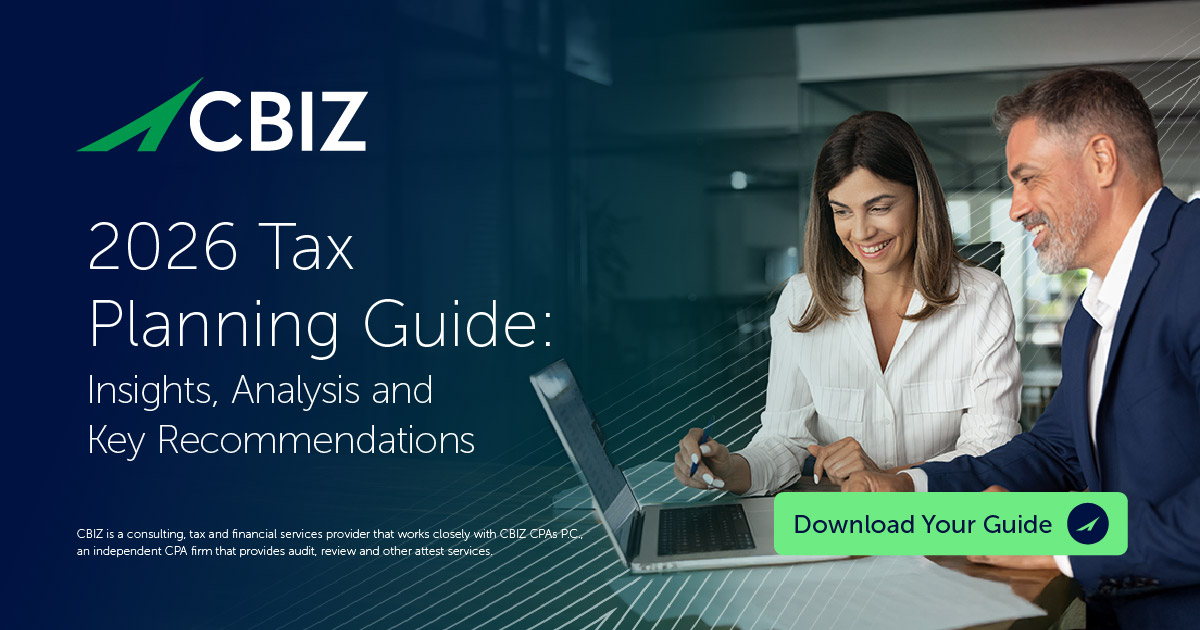The Tax Cuts and Jobs Act brought significant changes to the treatment of net operating loss (NOL) carryforwards, most notably allowing an indefinite carryforward period for NOLs generated in tax years beginning after Dec. 31, 2017. While this change is generally favorable, it does not alter the carryforward period for NOLs generated before 2018, nor does it affect the limitations imposed by ownership changes under Section 382. Consequently, tax professionals should carefully evaluate the strategic decision to waive a target corporation’s NOL carryforwards under Treas. Reg. §1.1502-32 when the target joins a consolidated group. Any such analysis must consider the potential limitations imposed by Section 382, which can substantially restrict the future use of acquired NOLs after an ownership change.
The Impact of NOLs on Stock Basis
Under the general rule of Treas. Reg. §1.1502-32, when a consolidated group acquires a corporation with existing NOLs, the basis of its stock is reduced at two key moments: when the NOL is utilized by the group and when it expires.
Example: P acquires 100% of a S for $100 million in cash, and S joins P‘s consolidated group. S has $80 million in pre-2018 NOLs. If the group anticipates using only $30 million of these NOLs before they expire, without a waiver, P‘s stock basis in S would eventually be reduced by the full $80 million of the NOLs. This reduction includes $30 million as the NOLs are used and the remaining $50 million when they expire unused.
The Importance of Tracking Basis in Subsidiary Stock
An overlooked element of this analysis is the need to track basis in subsidiary stock. Within a consolidated group, stock basis plays a central role in determining gain or loss on future dispositions, liquidations, or reorganizations involving the subsidiary. Failing to maintain accurate and detailed basis schedules can lead to unintended tax consequences. For example, if stock basis is understated due to missed adjustments, a future sale may result in an overstated taxable gain. Conversely, overstating basis could mask opportunities for loss recognition or impact the tax treatment of dividends and other intercompany transactions.
Understanding the NOL Waiver Election
To avoid the basis reduction from expiring NOLs, the acquiring consolidated group can elect to waive them. This waiver is beneficial for NOLs that the group does not expect to utilize.
The NOL waiver’s impact depends on how the subsidiary is acquired. In cost-basis purchases, the waiver prevents future stock basis reductions. In nonqualifying (e.g., tax-free) deals, the waiver causes an immediate reduction in the stock basis when the target joins the group.
Example: In the previous example, P could elect to waive the $50 million of NOLs it foresees will go unused, thereby avoiding the future $50 million reduction to its stock basis in S.
The Role of Section 382 in the Waiver Decision
While the waiver election addresses stock basis, it is essential to consider NOL usability under Section 382. An ownership change can significantly limit the annual use of NOLs, making some losses effectively worthless. In such cases, waiving limited or unusable NOLs can help avoid stock basis reductions tied to NOLs that would never generate a tax benefit.
Example: If S‘s $100 million in pre-2018 NOLs is subject to a Section 382 limitation of $4 million per year, and P expects to use only $30 million over the foreseeable future, waiving the excess may preserve stock basis and better align with the economic reality of the limitation.
How to Make the Election
To waive a subsidiary’s NOLs, the acquiring consolidated group must attach a specific statement to its income tax return for the year the subsidiary becomes a member. A separate statement is required for each subsidiary whose losses are being waived. The election must specify the amount of each loss carryover being waived (or retained) and detail the basis of any stock that is reduced because of the waiver.
Conclusion
The loss waiver election is a key planning tool in acquisitions, especially when pre-2018 NOLs and section 382 limitations are in play. A coordinated approach – considering NOL expirations, basis impacts, and Section 382 – can help maximize tax value and stock basis.
© Copyright CBIZ, Inc. All rights reserved. Use of the material contained herein without the express written consent of the firms is prohibited by law. This publication is distributed with the understanding that CBIZ is not rendering legal, accounting or other professional advice. The reader is advised to contact a tax professional prior to taking any action based upon this information. CBIZ assumes no liability whatsoever in connection with the use of this information and assumes no obligation to inform the reader of any changes in tax laws or other factors that could affect the information contained herein. Material contained in this publication is informational and promotional in nature and not intended to be specific financial, tax or consulting advice. Readers are advised to seek professional consultation regarding circumstances affecting their organization.
“CBIZ” is the brand name under which CBIZ CPAs P.C. and CBIZ, Inc. and its subsidiaries, including CBIZ Advisors, LLC, provide professional services. CBIZ CPAs P.C. and CBIZ, Inc. (and its subsidiaries) practice as an alternative practice structure in accordance with the AICPA Code of Professional Conduct and applicable law, regulations, and professional standards. CBIZ CPAs P.C. is a licensed independent CPA firm that provides attest services to its clients. CBIZ, Inc. and its subsidiary entities provide tax, advisory, and consulting services to their clients. CBIZ, Inc. and its subsidiary entities are not licensed CPA firms and, therefore, cannot provide attest services.
















